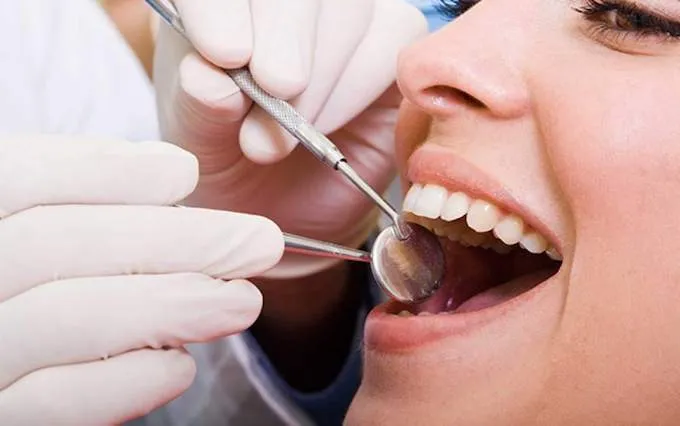The SEPA Foundation has launched the study called Diaberisk, and directed from the ETEP Research Group of the Complutense University of Madrid (UCM), with the aim of analyzing, in a situation of real clinical practice, the effectiveness of a protocol thatIt could help detect diabetes early in people who do not know this disease during dental consultation.
In total they participate in the 48 Spanish dental clinics initiative in which a minimum of 30 patients are sought to evaluate.Researchers have stressed that it is especially complex to coordinate a large number of centers that will provide a lot of data, although they defend that the capacity and formation of the responsible periodcans in each center ensures the quality of the process.
As highlighted by the study coordinator Eduardo Montero, the protocol that will begin to be applied is composed of two evaluations: FINDRISC and the basic periodontal exam (EPB), both "very simple and fast tests", which will allow a risk estimationof suffering diabetes and a quick periodontal examination, respectively, based on the hypothesis that, combining both, the risk detection capacity of people who have diabetes could be increased and they still do not know.
According to the main researcher of the project and professor at the UCM, David Herrera, "the study will be relevant if it is able to identify a validation protocol for the risk detection of diabetes or prediabetes among people who go to dental clinics; it must also be aSimple protocol, realizable at any dental clinic, by any dentistry professional, and if so, it should end up applying in all the dental clinics of Spain ", to add that" if applying this protocol each dentist of Spain identifies a single patientThe year that has diabetes and does not know, Spanish dentistry would contribute to the early diagnosis of diabetes in more than 30,000 people each year. "


